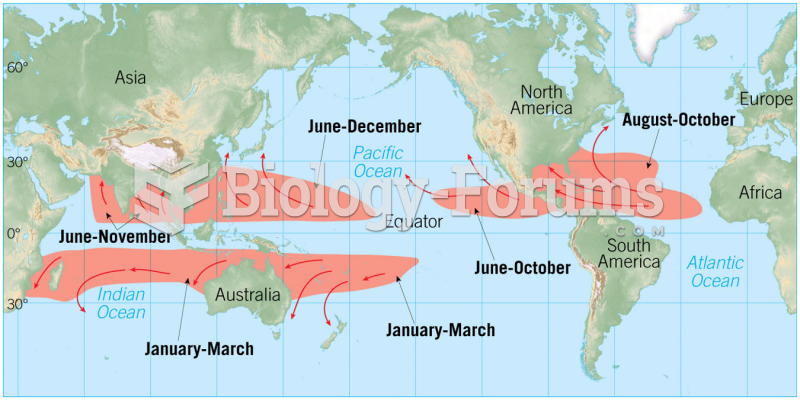This topic contains a solution. Click here to go to the answer
|
|
|
Did you know?
Medication errors are three times higher among children and infants than with adults.
Did you know?
Amoebae are the simplest type of protozoans, and are characterized by a feeding and dividing trophozoite stage that moves by temporary extensions called pseudopodia or false feet.
Did you know?
According to the FDA, adverse drug events harmed or killed approximately 1,200,000 people in the United States in the year 2015.
Did you know?
If all the neurons in the human body were lined up, they would stretch more than 600 miles.
Did you know?
Oliver Wendell Holmes is credited with introducing the words "anesthesia" and "anesthetic" into the English language in 1846.







